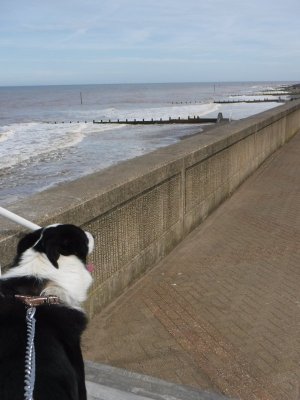I watched an old video yesterday of James Taylor in concert, singing his well known hits and lesser known songs, and backed or accompanied by the incomparable and great Carole King, (as a very young woman playing piano whilst he sang a track she had written starting: "When you're tired and weary,....., call my name out loud and you know I'll come knocking at your door,......, You just call out my name and you know I'll come running" etc., etc.).
Anyway, the connection with the thread OP, and title is I took particular notice when the show ended to the way the audience applauded, and would you believe it, there were a few "clapping like seals", even then, maybe forty or more years ago, though the majority were " normal" (I'm glad to report!).


